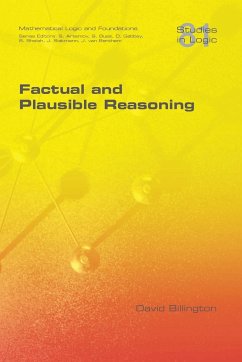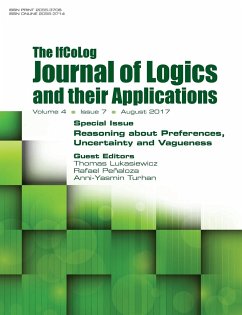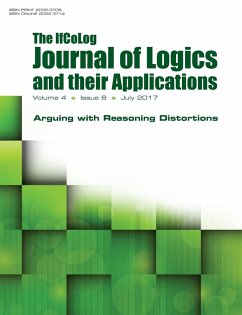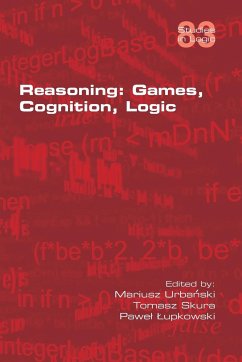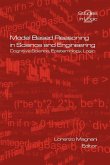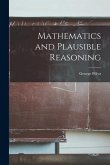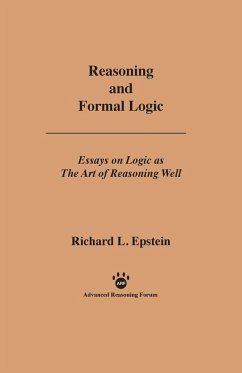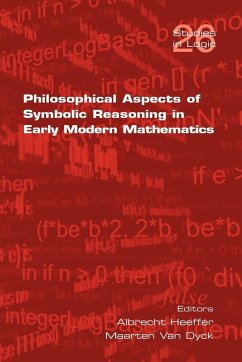Factual reasoning is reasoning with statements that are certain, called facts. Classical propositional logic is often used for such reasoning. However classical propositional logic has two faults. Its most serious fault is the irrational way it behaves when the statements are inconsistent. The second, less serious, fault is that there is an intuitive understanding of the meaning of 'follows from' that classical propositional logic does not capture. Various new consistent subsets of a set of inconsistent statements are investigated. This yields new more rational propositional logics for factual reasoning that capture the missing intuitive meaning of 'follows from'. Logics that do factual reasoning have properties that can be expressed by using consequence functions. A consequence function is meant to be a function whose input is a set of formulas and whose output is the set of consequences of those formulas. However, there is no adequate definition of what a consequence function is. A new definition of what a consequence function should be is proposed and shown to have many desirable properties. Plausible reasoning is reasoning with statements that are either facts, or are likely, called defeasible statements. Moreover all defeasible statements have the same likelihood; hence there are no numbers, like probabilities, involved. Many principles of plausible reasoning are suggested and several important plausible reasoning examples are considered. A propositional logic is defined that satisfies all the principles and reasons correctly with all the examples. As far as we are aware, this is the only such logic.

